6 Women Who Built Successful Businesses by Age 35
Women entrepreneurs account for 7.8 million out of 27.1 million business owners in the U.S., according to the latest data available from the Census Bureau's Survey of Business Owners.

Profit and prosper with the best of Kiplinger's advice on investing, taxes, retirement, personal finance and much more. Delivered daily. Enter your email in the box and click Sign Me Up.
You are now subscribed
Your newsletter sign-up was successful
Want to add more newsletters?

Delivered daily
Kiplinger Today
Profit and prosper with the best of Kiplinger's advice on investing, taxes, retirement, personal finance and much more delivered daily. Smart money moves start here.

Sent five days a week
Kiplinger A Step Ahead
Get practical help to make better financial decisions in your everyday life, from spending to savings on top deals.

Delivered daily
Kiplinger Closing Bell
Get today's biggest financial and investing headlines delivered to your inbox every day the U.S. stock market is open.

Sent twice a week
Kiplinger Adviser Intel
Financial pros across the country share best practices and fresh tactics to preserve and grow your wealth.

Delivered weekly
Kiplinger Tax Tips
Trim your federal and state tax bills with practical tax-planning and tax-cutting strategies.

Sent twice a week
Kiplinger Retirement Tips
Your twice-a-week guide to planning and enjoying a financially secure and richly rewarding retirement

Sent bimonthly.
Kiplinger Adviser Angle
Insights for advisers, wealth managers and other financial professionals.

Sent twice a week
Kiplinger Investing Weekly
Your twice-a-week roundup of promising stocks, funds, companies and industries you should consider, ones you should avoid, and why.

Sent weekly for six weeks
Kiplinger Invest for Retirement
Your step-by-step six-part series on how to invest for retirement, from devising a successful strategy to exactly which investments to choose.
Women entrepreneurs account for 7.8 million out of 27.1 million business owners in the U.S., according to the latest data available from the Census Bureau's Survey of Business Owners. Among these female entrepreneurs, 11.4% are ages 25 to 34. That works out to 855,481 companies run by young women.
Women choose entrepreneurship over corporate America for a variety of reasons. Some young women experience early burnout as a result of today's fast-paced office culture; others feel pressured to work twice as hard as their male counterparts to prove their worth. Still others see growth opportunities dry up once they hit the proverbial glass ceiling. Whatever the case, millennial women entrepreneurs are paving a promising and profitable path for future generations.
If you're set on starting your own business, we have some inspiration for you. The six young women we profile, including Rent the Runway's Jennifer Hyman and LearnVest.com's Alexa von Tobel, decided to ditch the corporate life for one in which they make the rules. All of these women are under 35, started their companies from the bottom up and have managed to expand their businesses substantially in a short time. Here are their stories.
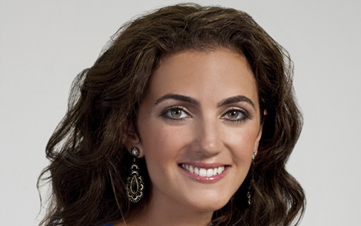
Jennifer Hyman
- Age: 32
- Company: Rent the Runway
- Year founded: 2009
- Education: MBA, Harvard Business School
- Advice to young women entrepreneurs: Hyman vividly recalls a colleague suggesting she be less of a go-getter and more soft-spoken. She says it brought to her attention that businesswomen are often held to a different standard than men. But she says negativity shouldn’t stop budding women entrepreneurs from going full-force. "The number-one requirement for the success of an entrepreneur is passion. When interviewing prospective employees, I always say that you spend most of your time at work -- so you better love and feel energized by what you do."
Before Hyman started Rent the Runway, a membership-based fashion site, entrepreneurship was a blip on her radar. "I never really knew I wanted to be an entrepreneur, but rather I found myself pursuing new business endeavors [at other companies]," she says. After college, Hyman worked for Starwood Hotels and helped start their wedding services division. It wasn't until 2007, when she began attending Harvard Business School and having regular brainstorming sessions about potential business ideas with friend and co-founder Jennifer Fleiss, that she saw having her own business as a viable option.
The idea for Rent the Runway came one day after Hyman watched her sister frantically prepare to attend a wedding. Her sister had nothing to wear -- a common conundrum for many women scrambling to get ready for a big event. The light bulb came on, and Hyman wondered what if her sister and other women had access to their dream closets filled with designer duds just for these moments. She shared the idea with Fleiss, and by late 2009, the pair was in the test phase of launching the company. Since its start nearly four years ago, Rent the Runway has grown to more than three million members. It opened its first showroom in New York City last summer.
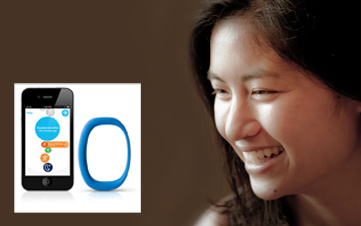
Julia Hu
- Age: 28
- Company: Lark Technologies
- Year founded: 2010
- Education: Master's degree, Stanford University
- Advice to young women entrepreneurs: When it comes to dealing with setbacks, such as not being able to find investors or having to tweak your product multiple times (Hu tested 60 prototypes before settling on the version that now sells in stores), Hu reminds other young women entrepreneurs that failure comes with the territory: "Failure is normal, and the most important thing is to learn from it and keep on pushing through, despite what others might say. This can be one of the hardest things to do, but pick yourself back up and keep going."
Hu can thank her now-fiancé for inspiring her to create the Lark, a wrist band-like vibrating alarm clock. After working a few years at clean-tech start-ups, she decided to go back to school to learn more about the field in 2009. Around the same time, Hu moved in with her boyfriend and quickly discovered that "his early alarm and love of the snooze button" constantly interfered with her nighttime rest. The lack of sleep began taking a toll on her productivity, so she decided to do something about it.
By 2010, Hu had a prototype for the wearable vibrating alarm, but not much luck with finding investors. "It's always really hard to secure funding, but if you have a great product that you believe in, you have to remain persistent," she says. Nine months after dropping out of MIT's MBA program to focus fully on the company, she had a distribution deal with Apple to carry the Lark in its stores. Lark Technologies now offers a small range of personal wellness items, including a sleep tracker and exercise and diet programs that are accessible through a smart phone. In addition to Apple stores, Lark products can also be found at major retailers, such as Best Buy and Brookstone.
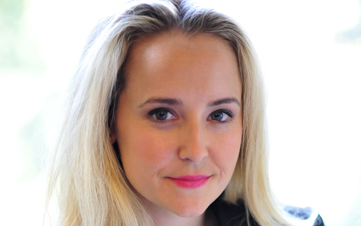
Alexa von Tobel
- Age: 29
- Company: LearnVest
- Year founded: 2009
- Education: Bachelor's degree, Harvard University
- Advice to young women entrepreneurs: For would-be entrepreneurs who are hesitant to take the first step, von Tobel says, "The most important thing is that you have an idea you truly believe in. Don't start a smoothie shop if you don't love smoothies. Being an entrepreneur is a labor of love. You're going to have to put all of your blood, sweat and tears into it."
Von Tobel says entrepreneurship has been a part of her life since childhood. She watched several family members start their own companies and become successful. Her own big idea came in 2006, during her senior year at Harvard. "I was getting ready to graduate and go work on Wall Street and needed help learning how to manage my finances," she says. After doing some research, she found that there weren’t any online resources that provided a one-stop shop for basic financial help. So, that’s when the idea for LearnVest, a Web site focused on teaching people how to take control of their personal finances, was born.
After graduation, she went on to work for a couple of years at Morgan Stanley and Drop.io, a now-defunct file-sharing service, while fine-tuning the vision for her company-in-the-making. When the Great Recession hit in late 2008, that might have deterred other would-be entrepreneurs, but von Tobel continued to move forward with her plans and by November 2009 had launched the site. The company and its mission -- providing people with reliable financial advice -- got stronger by being born in financially difficult times, she says. Today, in addition to articles and online tools, LearnVest offers paid services, such as planning with certified financial planners. The site also became a registered investment adviser with the Securities and Exchange Commission last year.
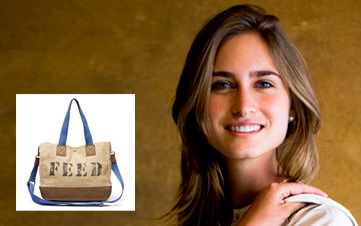
Lauren Bush Lauren
- Age: 28
- Company: FEED
- Year founded: 2007
- Education: Bachelor's degree, Princeton University
- Advice to young women entrepreneurs: Finding the momentum to start a company and getting that initial traction are difficult for new entrepreneurs. However, young women who wish to start their own businesses shouldn’t let that stand in their way. "I would encourage more young women to become entrepreneurs, if they have a unique idea they want to bring to life. The large majority of entrepreneurs are men, but I've found that women are better multi-taskers, relationship builders and tactful go-getters. These are all qualities necessary to succeed as an entrepreneur," Bush Lauren says.
Becoming an entrepreneur wasn’t in Bush Lauren's plans. But during her travels in 2004 as a student spokesperson for the UN World Food Programme, her entrepreneurial spirit was born. "My initial idea for FEED came from the frustration I had after traveling around the world and returning from these trips not knowing how to help the people I met or how to engage my peers in the fight to end world hunger," she says.
In 2005, that frustration turned into a product design for the FEED 1 bag, a burlap satchel emblazoned with the phrase "Feed the children of the world." By 2007, she and then-business partner Ellen Gustafson had officially founded FEED, a for-profit organization aimed at ending world hunger. Part of the proceeds from each FEED 1 bag, which costs $80, is used to feed one child in school in an underprivileged country for a year. The company has been able to donate over 60 million school meals to children around the world through their product sales, which now include bags, apparel and accessories. The company has also partnered with several big name brands, including Disney, Gap and Whole Foods.

Ooshma Garg
- Age: 25
- Company: Gobble
- Year founded: 2010Education: Bachelor's degree, Stanford University
- Advice to young women entrepreneurs: Garg says it’s important for women, specifically, to be proactive about entrepreneurship: "There are a lot of people who spend time thinking about opportunities rather than acting on them. The best way to learn how to be an entrepreneur is by being one. It's not until then that your entrepreneurship education begins."
Garg says she's always been around entrepreneurship in some capacity. In grade school, she often started student organizations and participated in fundraisers. So when she moved to California in 2005 to attend Stanford and began interning at local start-ups, it was only natural for her to get inspired to create something of her own.
In 2008, Garg founded her first company, Anapata.com, a diversity-focused recruiting and networking site for the legal profession. It was while running that company that she came up with the idea for Gobble.com, a personalized dinner service. "I was living off of ramen and chicken nuggets, and other student entrepreneurs were doing the same," she says. "We had so much ambition for our companies, but our health was going down the drain because of bad eating habits." Frequent phone calls with her parents, who often chided Garg for how poorly she was eating, led her to post an ad on Craigslist for someone to occasionally cook her healthy meals. She got 70 responses from experienced chefs and realized she was on to something.
By October 2010, Garg had sold her first company and was able to focus on Gobble full-time. She was able to avoid a lot of first-time mistakes, such as hiring the wrong people or improper billing, because she'd already been there. She was even able to secure $1.2 million in funding with help from noted entrepreneurs and investors, including LinkedIn co-founder Reid Hoffman and Keith Rabois of PayPal. To date, Gobble has several hundred users. The service is currently only available in the San Francisco Bay Area, but Garg plans to expand to other markets soon.
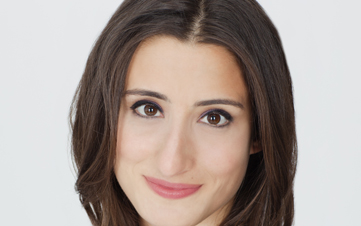
Hayley Barna
- Age: 29
- Company: Birchbox
- Year founded: 2010
- Education: MBA, Harvard Business School
- Advice to young women entrepreneurs: Barna reminds other young women that finding a business model that fits takes time: "Your business idea doesn't have to be perfect at first. Once you're up and running, be open to feedback -- from colleagues, customers and family members -- to help you improve."
Barna met her future business partner, Katia Beauchamp, while both were attending Harvard Business School. "It's not like we were already searching for ideas or companies to start," she says. But being in business school and seeing other students start companies and achieve great success motivated the pair to start a business.
The idea for Birchbox, a monthly subscription-based service that delivers beauty samples, was born as the result of Barna regularly receiving high-end beauty samples from a friend who was a magazine editor. Beauchamp was impressed by Barna's "insider" experience, and the duo eventually thought how cool it would be if every woman had access to her very own beauty editor. By May 2010, the women were conducting a trial phase before officially launching the service four months later. Barna notes how hard it was to secure funding initially. "The investors we pitched to were waiting to see what happened after we launched, so fundraising was difficult. We ended up having to ask family and friends. Luckily, the launch was a big success, and the investors soon followed," she says.
Since its launch, Birchbox has expanded into the international market. Last year, the company hit 100,000 women subscribers (they began with 660) and also launched a men's subscription service.

Profit and prosper with the best of Kiplinger's advice on investing, taxes, retirement, personal finance and much more. Delivered daily. Enter your email in the box and click Sign Me Up.
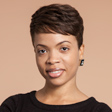
Browne Taylor joined Kiplinger in 2011 and was a channel editor for Kiplinger.com covering living and family finance topics. She previously worked at the Washington Post as a Web producer in the Style section and prior to that covered the Jobs, Cars and Real Estate sections. She earned a BA in journalism from Howard University in Washington, D.C. She is Director of Member Services, at the National Association of Home Builders.
-
 Dow Leads in Mixed Session on Amgen Earnings: Stock Market Today
Dow Leads in Mixed Session on Amgen Earnings: Stock Market TodayThe rest of Wall Street struggled as Advanced Micro Devices earnings caused a chip-stock sell-off.
-
 How to Watch the 2026 Winter Olympics Without Overpaying
How to Watch the 2026 Winter Olympics Without OverpayingHere’s how to stream the 2026 Winter Olympics live, including low-cost viewing options, Peacock access and ways to catch your favorite athletes and events from anywhere.
-
 Here’s How to Stream the Super Bowl for Less
Here’s How to Stream the Super Bowl for LessWe'll show you the least expensive ways to stream football's biggest event.
-
 32 Ways to Make Money in 2025
32 Ways to Make Money in 2025business Check out these cool side hustles to earn bonus bucks this year.
-
 12 IRS Audit Red Flags for the Self-Employed
12 IRS Audit Red Flags for the Self-Employedtaxes If you are self-employed, minimize the odds of an IRS audit by avoiding these audit triggers.
-
 Business Cost Outlooks for 2022: Eight Key Sectors
Business Cost Outlooks for 2022: Eight Key SectorsEconomic Forecasts What’s in store for all sorts of business costs in 2022?
-
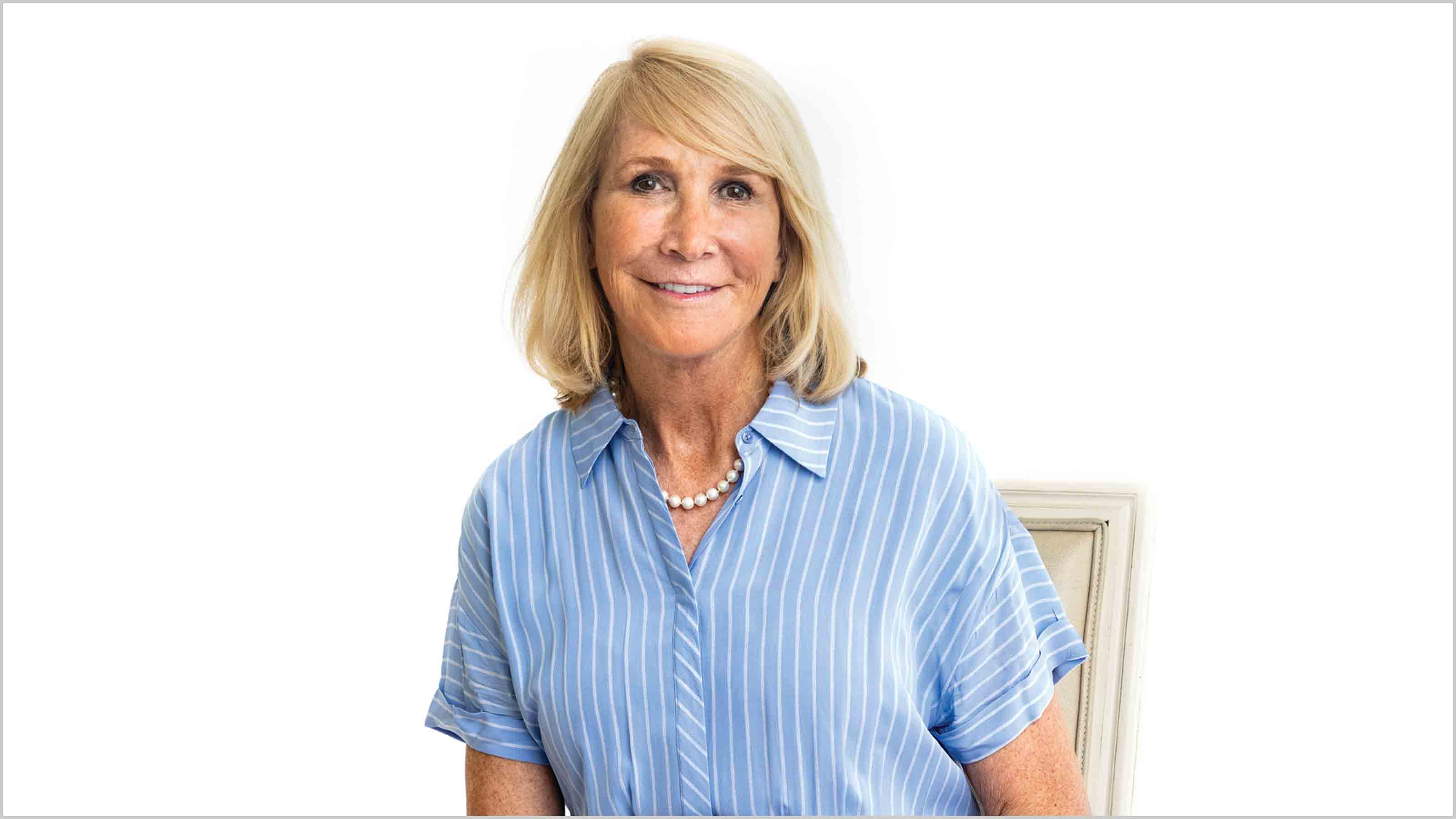 COVID Sparked a Surge of Generosity
COVID Sparked a Surge of GenerosityCoronavirus and Your Money One big focus among donors: charities that address food insecurity.
-
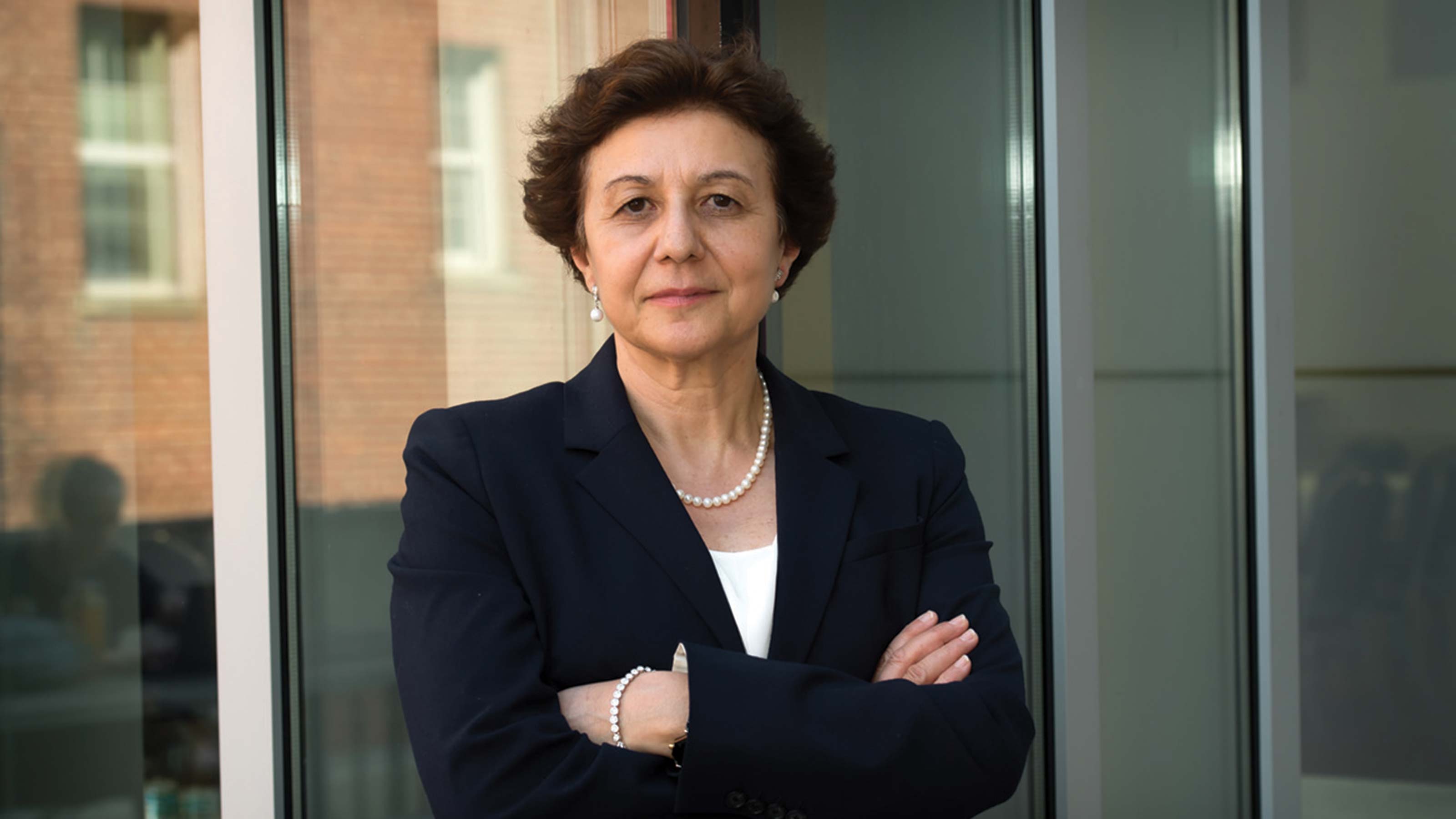 How to Boost Your Financial Savvy
How to Boost Your Financial SavvyWomen & Money Women need to know how financial knowledge can help them take care of their families and themselves.
-
 PPP Loan Basics for Small Business Owners
PPP Loan Basics for Small Business OwnersCoronavirus and Your Money Although uncertainty and confusion have surrounded the Paycheck Protection Program since its launch, that shouldn't stop small business owners from participating in the loan program, which was just extended to May 31.
-
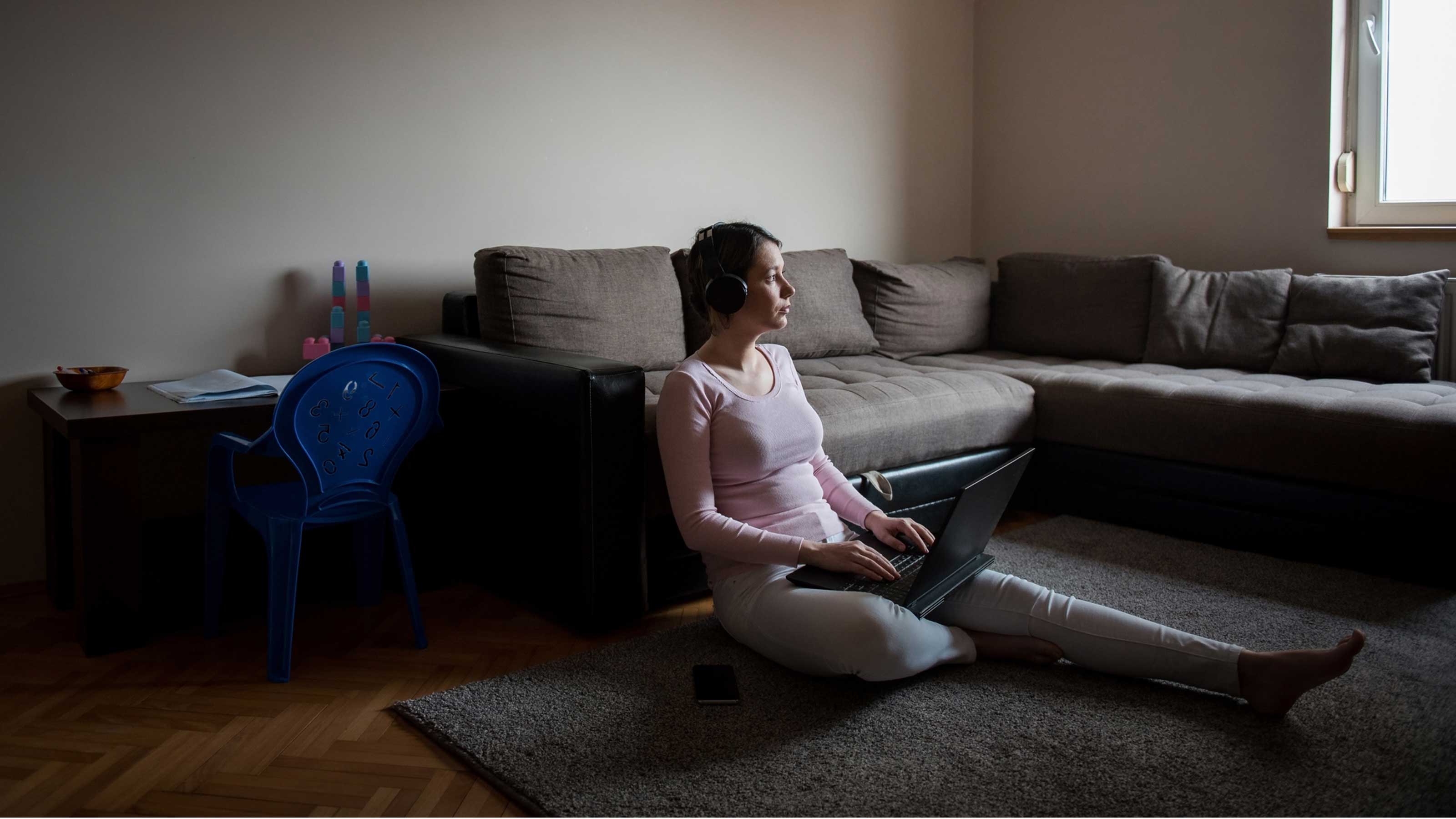 PODCAST: New Financial Challenges for Women with Marguerita Cheng
PODCAST: New Financial Challenges for Women with Marguerita ChengWomen & Money The COVID-19 pandemic and accompanying recession have been particularly hard on women, who've lost millions of jobs. Financial planner Marguerita Cheng talks about how she's helping her clients cope. Also: What dad taught us about personal finance.
-
 "Above-the-Line" Deductions for Your 2021 Tax Return
"Above-the-Line" Deductions for Your 2021 Tax ReturnTax Breaks If, like most people, you claim the standard deduction instead of itemized deductions on your return, there are still many other tax deductions available that could save you a lot of money.
